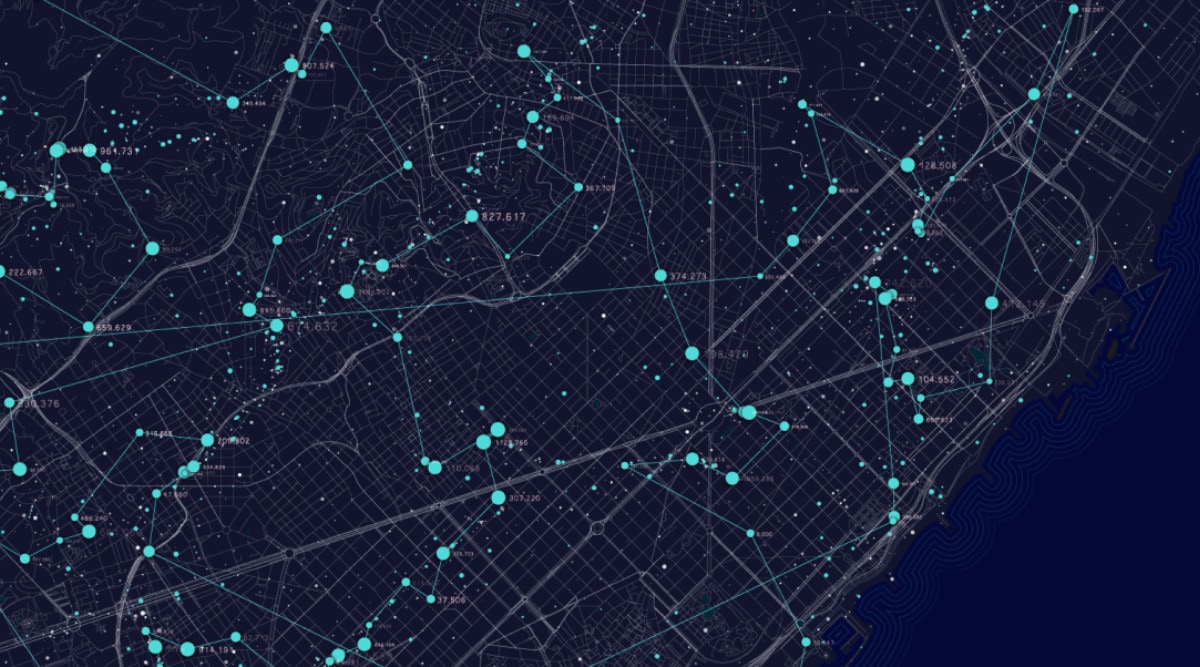Meta, Microsoft & Amazon join forces to challenge Google Maps dominance
Overture could mean a major shakeup for the online maps industry.

Online maps are essential for many mobile apps and emerging technologies — take food delivery apps like Swiggy, for instance — but they are mostly controlled by two tech giants: Google and Apple. These companies charge app developers for using their maps as a service and do not share the underlying data that powers them. However, a new initiative by Meta, Microsoft, Amazon Web Services, and TomTom aims to change that.
Formed late last year, the Overture Maps Foundation is a collaborative effort to create and maintain open and free base map data that anyone can use to build their own maps. The foundation has collected 59 million points of interest, such as restaurants, landmarks, streets and regional borders, and plans to update them regularly with the help of artificial intelligence and other techniques.
Since Google’s and Apple’s maps do not grant access to the data behind them, they do not suit many companies. These companies offer their maps as a service, often charging app makers for each map request via an API.
Meanwhile, by using Overture’s more readily-available data, app developers can customise their maps with their own proprietary information, such as pickup locations for delivery services, and avoid paying fees to Google or Apple. The foundation is offering this underlying data alone, leaving it up to other companies to build apps on top.
Overture hopes to provide a more reliable and curated alternative to OpenStreetMap, a crowdsourced map project that Meta uses in its own maps. It also hopes its members can contribute enough real-time information to enable the regular release of accurate updates instead of a one-time data dump. To make this possible, Prioleau plans to use AI and other automated techniques.
What this means
Overture could mean a major overhaul for the online maps industry. At present, Google and Apple control the vast majority of the market, and they charge app developers hefty fees to use their maps. This has made it difficult for smaller companies to compete and made innovation limited in this domain. For developers, Overture could provide them with more options and control over their maps.